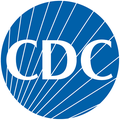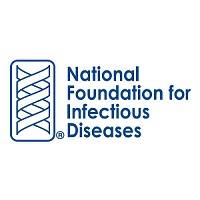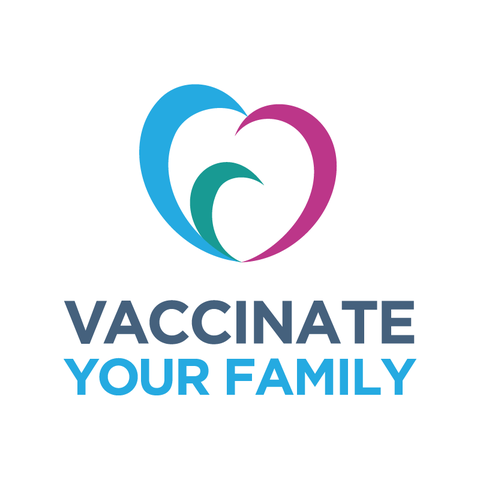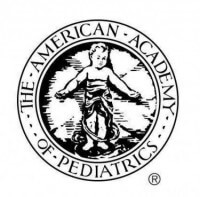Virus and Vaccine Resources
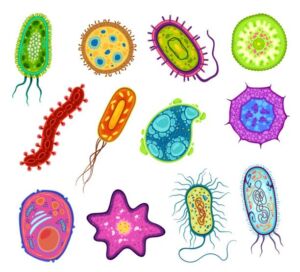
Practicing basic safety measures during cold and flu season is absolutely critical to helping slow the spread of disease in our communities. This page is intended to connect providers and patients with helpful resources related to infectious and viral illness.
Handouts for Patients:
MMR Vaccine Fact Sheet
Vaccine Discomfort
Measles is not just a rash
"What If You Don’t Vaccinate Your Child?"
Respiratory Virus Resources:
RSV
Avian Flu
COVID-19
Influenza
Measles
Telehealth
Webinars:
Vaccine Hesitancy
Addressing vaccine hesitancy is crucial in healthcare to ensure widespread immunity, protect vulnerable populations, and prevent the resurgence of preventable diseases. Vaccine hesitancy—often driven by misinformation, mistrust, or fear—can undermine public health efforts and jeopardize the progress made in controlling infectious diseases. By actively engaging with hesitant individuals and providing clear, evidence-based information, healthcare professionals can help build confidence in vaccines, safeguard community health, and prevent unnecessary outbreaks.
Speaker: Dr. Melanie Wellington
Vaccine Hesitancy
Vaccine hesitancy continues to challenge public health progress and physician-patient relationships. Despite overwhelming evidence supporting vaccine safety and efficacy, many patients remain uncertain, resistant, or misinformed.
This webinar panel is designed specifically for physicians and clinical care providers who regularly engage with vaccine-hesitant individuals. Through expert-led discussion and experience, attendees will gain practical strategies to navigate challenging conversations, foster trust, and promote vaccine confidence—while maintaining a patient-centered approach.
Moderator: Dr. Julie Stecher, MD, FAAP; Committee on Infectious Disease Member
Panel:
- Dr. Ashlesha Kaushik, MD, FAAP; Committee on Infectious Disease Chair
- Dr. Stephen Rinderknecht, DO, FAAP; Committee on Infectious Disease Member
- Dr. Dinah Conti, MD; Committee on Infectious Disease Member
Immunization Social Media Toolkit:
Empowering Communities Through Trusted Information
Vaccine hesitancy remains a significant challenge to public health, fueled by misinformation, uncertainty, and a lack of trusted communication. This Social Media Toolkit was created to help organizations, community leaders, and individuals share accurate, accessible, and culturally relevant messages that build trust and support informed decision-making about vaccines. Designed for easy sharing and reuse, this toolkit includes ready-to-post graphics, hashtags, and messaging templates tailored to address common concerns and promote vaccine confidence.
What’s Inside the Toolkit:
-
Downloadable social media graphics and video for Instagram, Facebook, Twitter / X, and more
-
Sample messages that tackle vaccine myths with empathy and facts
Together, we can help shift the conversation around vaccines—one post at a time.
Graphics:
Post Ideas:
Every day, we make choices to keep our families safe. Routine vaccinations are one of the safest ways to protect
against serious illnesses. Talk to your doctor to find the right vaccines for your family. #ProtectingWhatMatterVaccines go through rigorous testing for safety and effectiveness—long before they reach your arm. Millions of people safely receive vaccines every year. Have questions? That’s okay—ask your doctor! #ProtectingWhatMatter
- A vaccinated community is a stronger one. Protecting yourself also protects those who can’t get vaccinated—like newborns or people with certain health conditions. Let’s look out for each other. #CommunityImmunity #ProtectingWhatMatters
See the full downloadable kit with even more graphics and post ideas here: COVID Social Media Toolkit

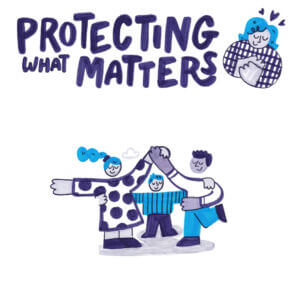
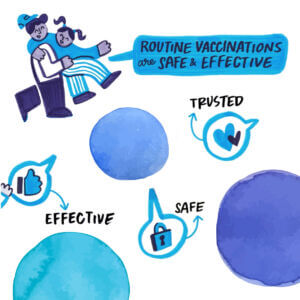
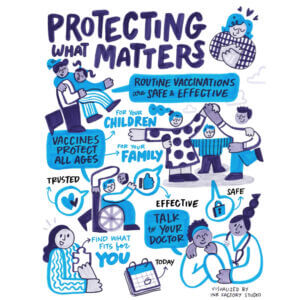
 Every day, we make choices to keep our families safe. Routine vaccinations are one of the safest ways to protect
Every day, we make choices to keep our families safe. Routine vaccinations are one of the safest ways to protect Vaccines go through rigorous testing for safety and effectiveness—long before they reach your arm. Millions of people safely receive vaccines every year. Have questions? That’s okay—ask your doctor! #ProtectingWhatMatter
Vaccines go through rigorous testing for safety and effectiveness—long before they reach your arm. Millions of people safely receive vaccines every year. Have questions? That’s okay—ask your doctor! #ProtectingWhatMatter
